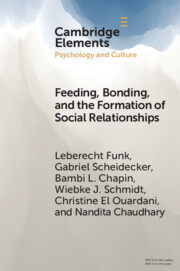A growing body of benefit-cost analyses (BCAs) of early childhood programs has been prompted by the increased demand for results-based accountability when allocating public and private sector resources. While the BCAs of early childhood programs serve to make such investments more compelling, there are limitations in the current state of the art, including a lack of standardization in the BCA methods used, from discount rates to shadow prices. The objective of this paper is to delineate a set of standards for conducting BCAs of early childhood programs. The paper reviews the existing evidence of the economic returns from early childhood programs that serve children and families in the first five years of life, discusses the challenges that arise in applying the BCA methodology such programs, highlights the variation in current methods used, and proposes a set of standards for applying the BCA methodology to early childhood programs. The recommendations concern issues such as the discount rate to use and the age to which costs and benefits should be discounted; stakeholder disaggregation; outcomes to value, the associated values, and projections of future outcomes; accounting for uncertainty; sensitivity analysis; and reporting of results. The proposed standards can guide the choices that analysts need to make about the methods to use when performing BCAs for one or more early childhood programs and they can support greater transparency in the results the analysts provide. The standards can also support consumers of the BCA results in their need to understand the methods employed and the comparability across different studies.


